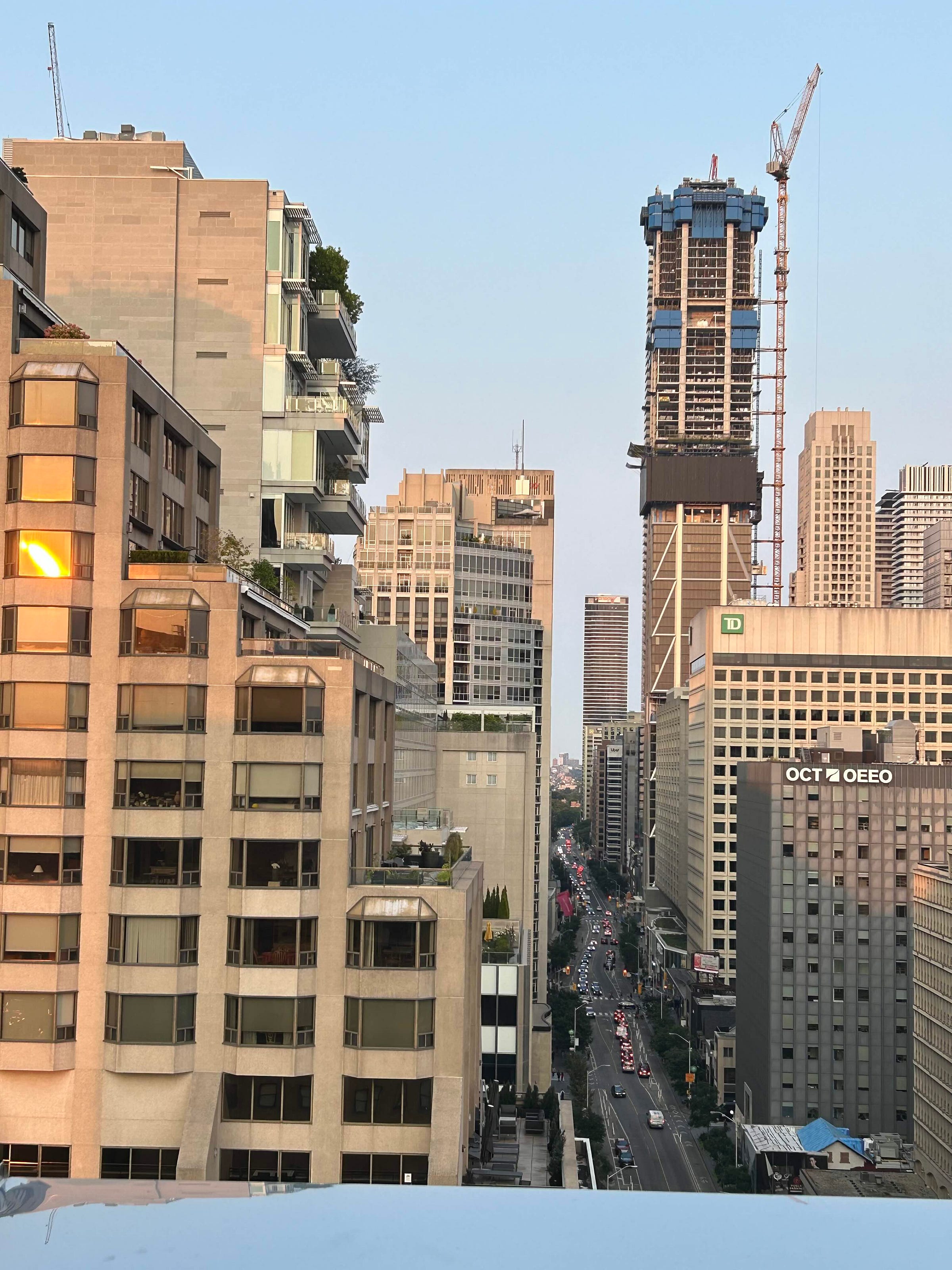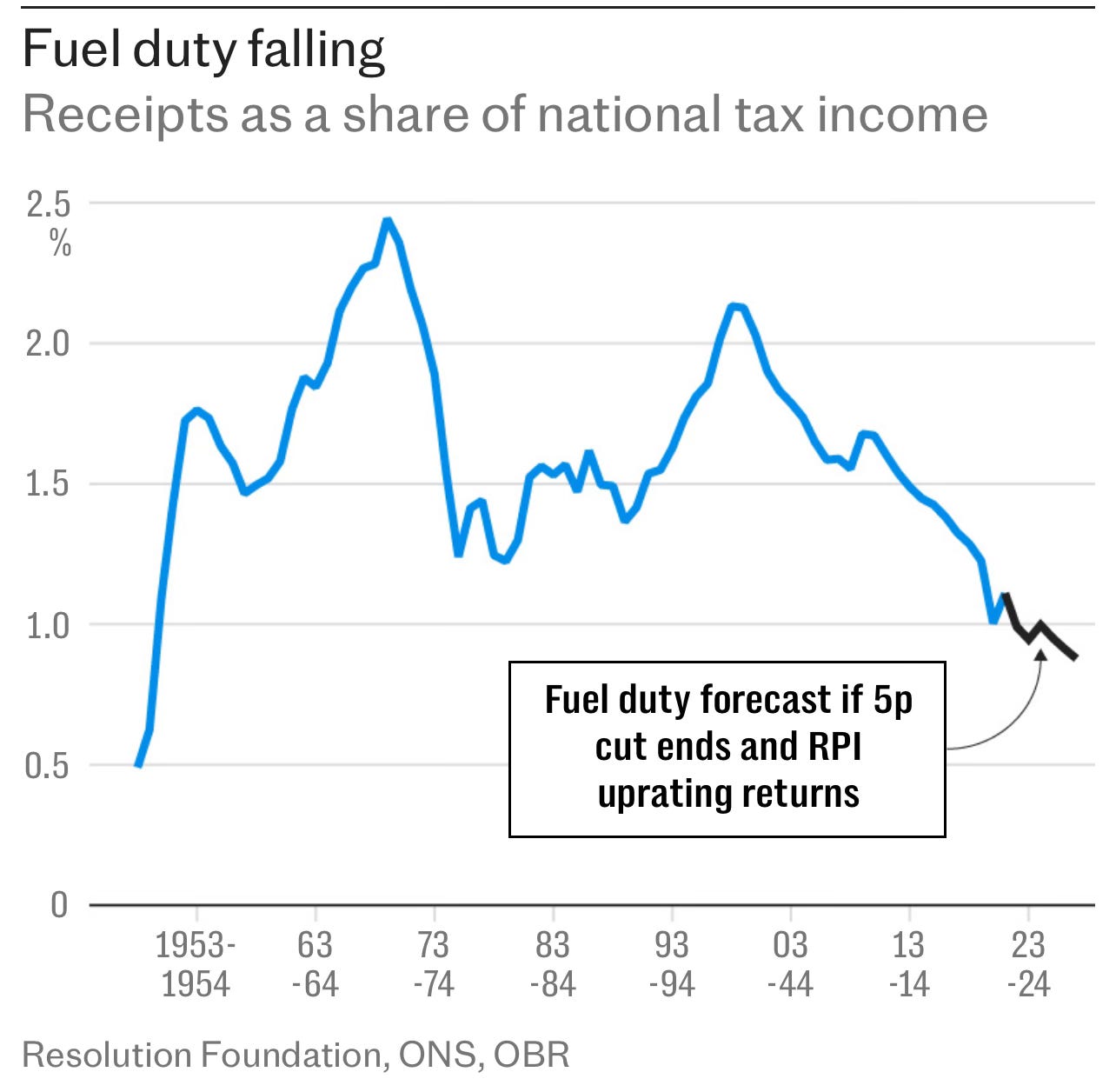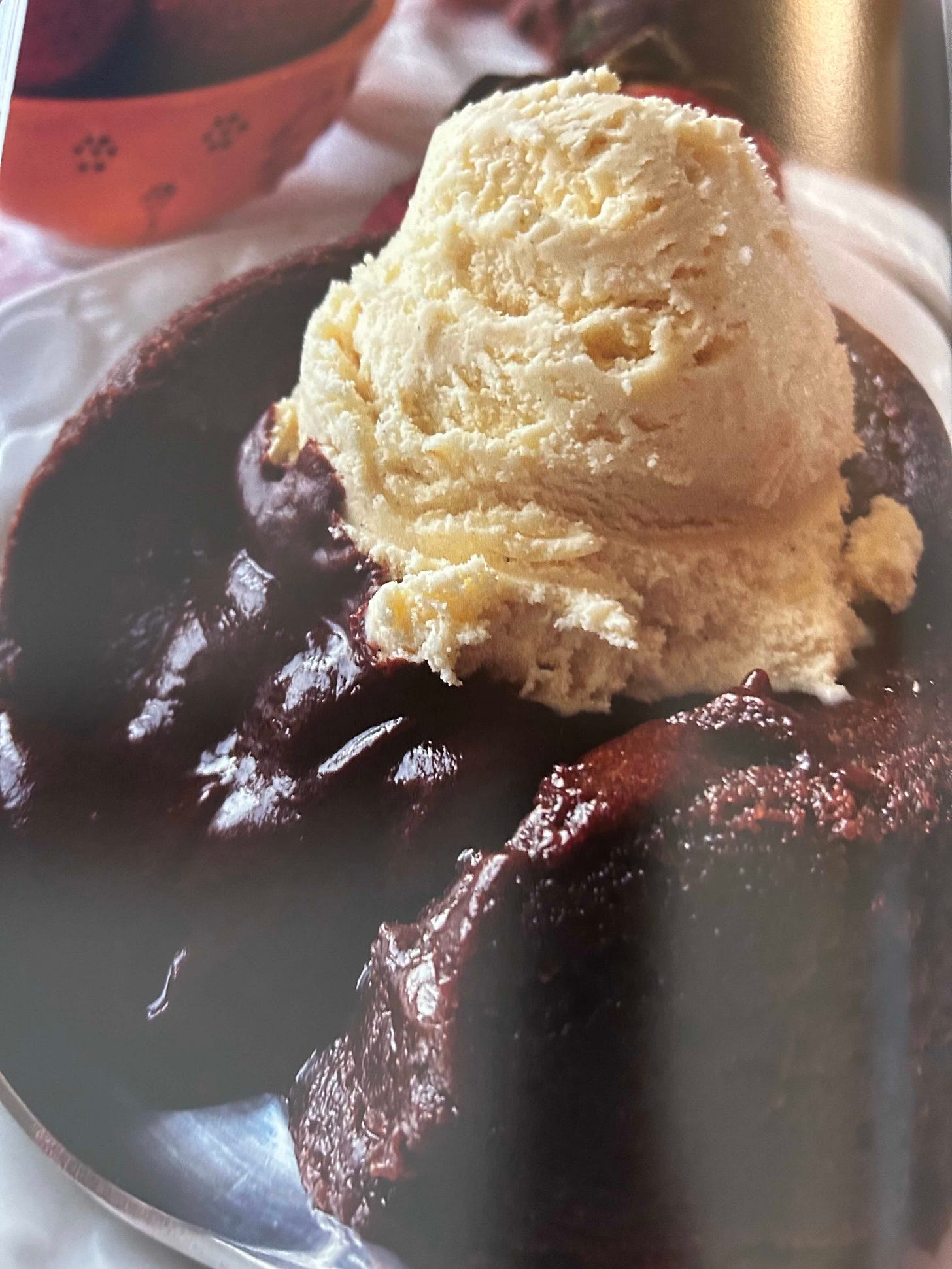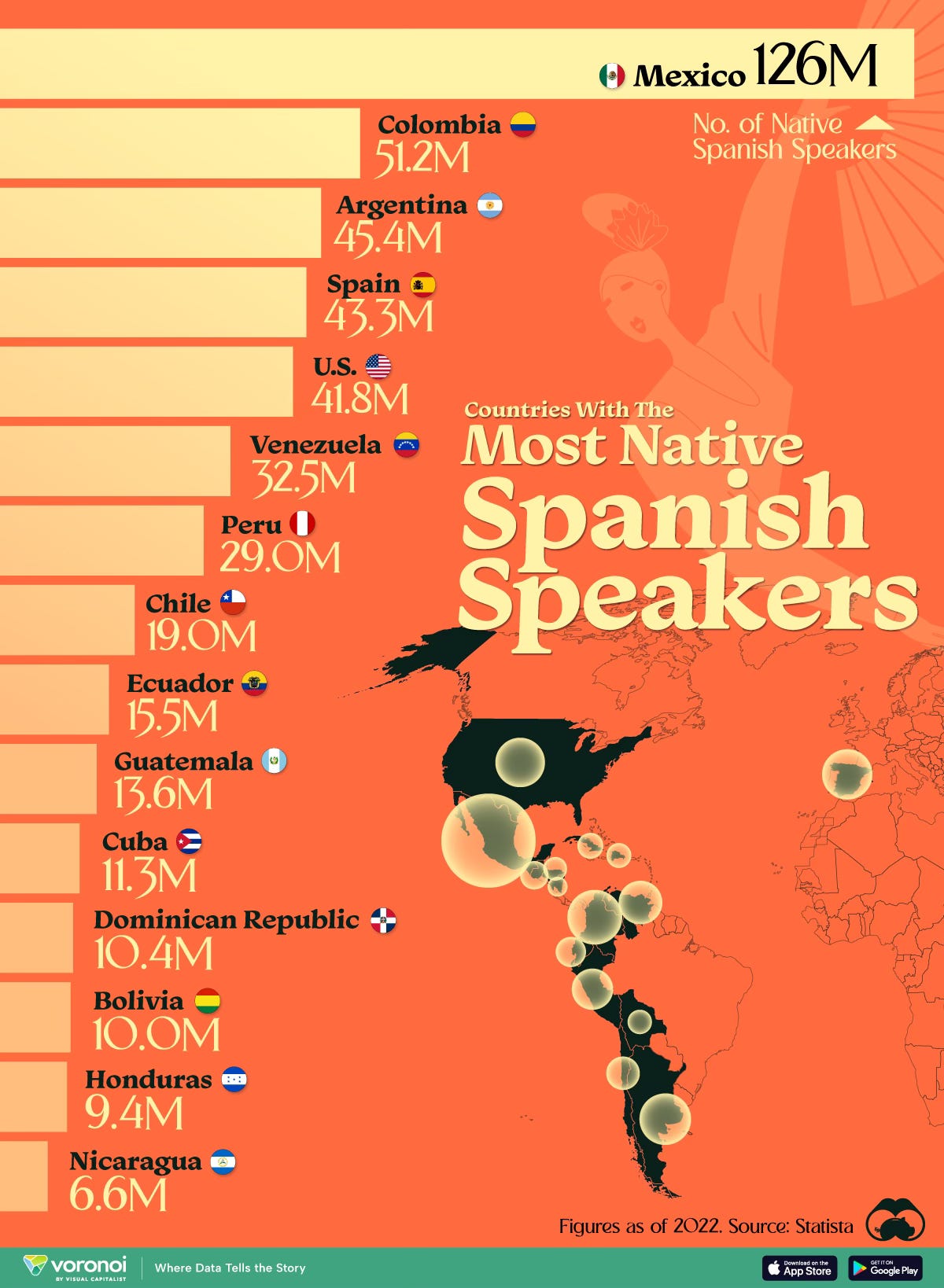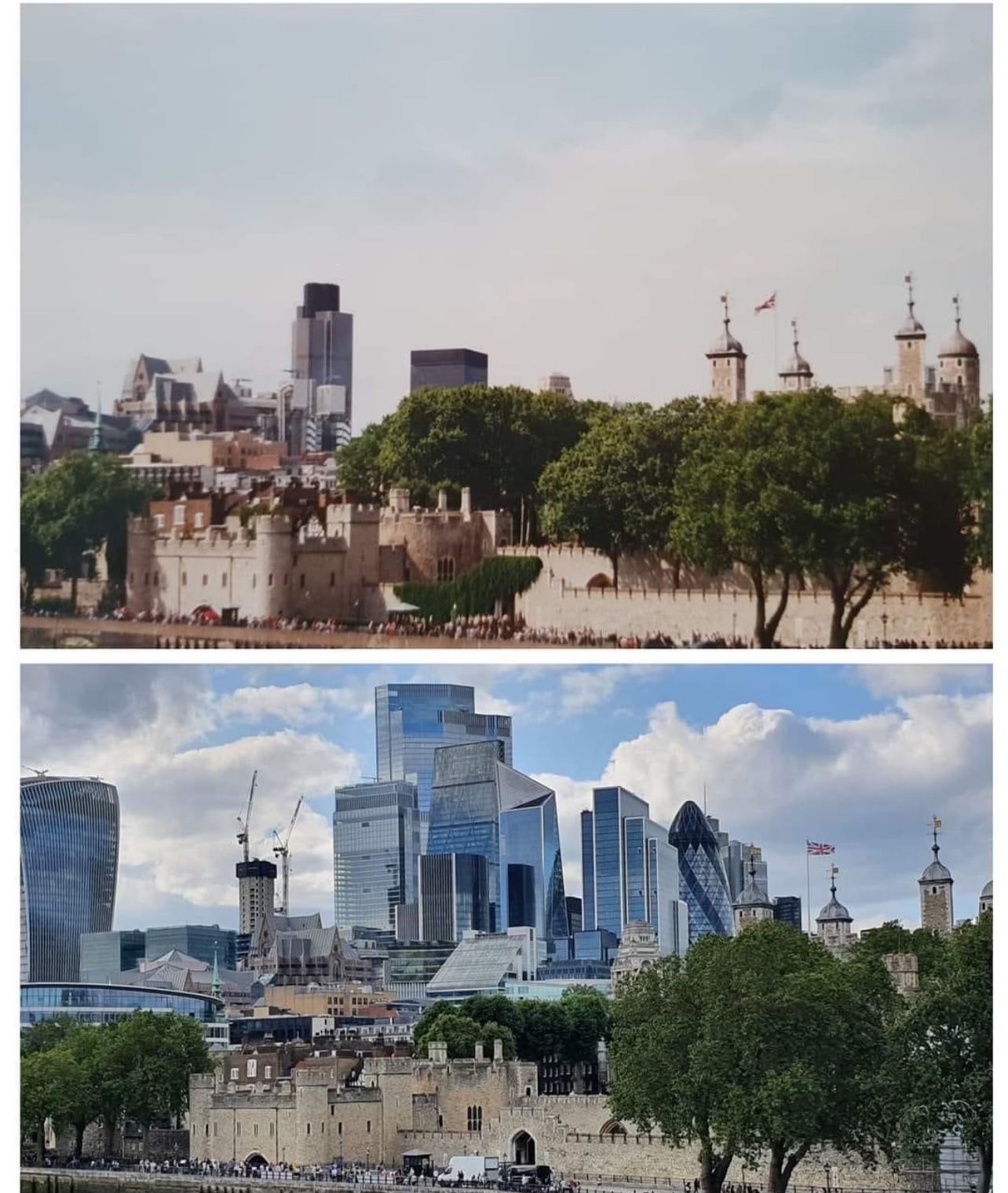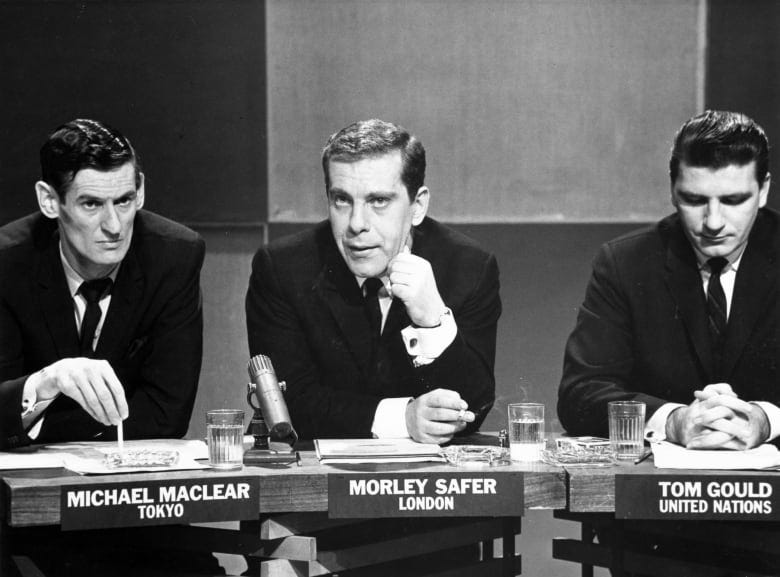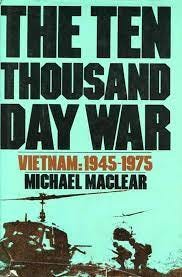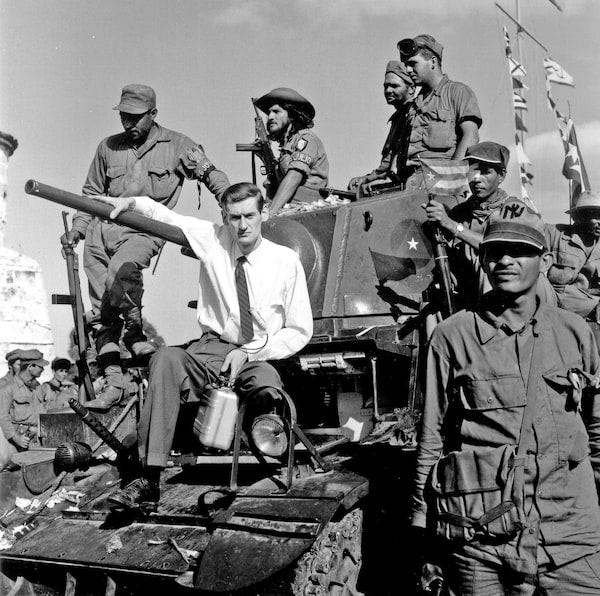The Housing Mess; Pay to Drive; a Baking Book and a Fearless Foreign Correspondent
September 16, 2004 Volume 5 # 14
Housing
The CBC National News has been running a series on: Where Has Affordable Housing Gone? It puts most of the blame on `corporations’ buying up apartment buildings and jacking up rents.
Another reason is government chagres. Here is a chart of City of Toronto development charges per unit of housing over the past 15 years. It breaks it out into types of housing with single/semi detached being hit hardest followed by two bedroom units.
Solution?
There are no easy fixes. Housing affordability is a huge problem in all rich countries, according to this headline from The Economist in 2023.
SInce then things have only gotten worse in rich countries, from Canada and Australia to the United States and Sweden. Politicians promise to fix it: they can’t.
Want Affordability? Just Wait
I live in a rent controlled apartment building in downtown Toronto. If I move out the landlord, Great West Life, can up the rent to market rates. Usually they renovate the unit first. Someone I used to work with just moved in and she is paying the same as me, though a one bedroom, not a two. I have been renting here for 13 years.
Across the street there is is a condo for sale, a luxury three bedroom unit on the market for a little less than $1,000 a square foot. The price has been reduced. Here is the problem that awaits the Toronto condo market, and that of many other big Canadian cities.
That tall, half finished building is One Bloor West. It is in big trouble. It is $1.6-billion in debt, is in receivership and the original developers are gone. It will be the tallest residential building in Canada when it is finished. But will the people who bought units with small down payments be in trouble when it is time to close?
When the condo market was super hot, investors were putting down payments on condos sight unseen at prices as high as $1,500 a square foot. Some might have been even higher. Many of those condos will be completed about a year from now and the investor, aka speculator, is going to be in big trouble. The bank will look at the property and if it is selling for $1,000 a squaare foot the bank will offer the invesor a mortgage of 80% or $800 a square foot and say you have to make up the rest to close. The entrie house of cards will fall apart. Even if intrest rates drop to 2% it isn’t going to help. It’s amazing prices aren’t dropping more in advance but it is perhaps human nature to see the Tsunami only at the last minute.
By the way, that condo across the street is twice the size of my two bedroom rental but the condo fees and taxes are more than I, or my new neighbour, pay a month.
Road Pricing
Electric cars don’t pay fuel taxes and this chart from Britain shows what that and more fuel effeicent cars are doing to government revenues.
There is speculation— there is that word again— that the newly elected Labour government in Britain will start charging all drivers by how much they drive.
Good Luck. Tony Blair and New Labour tried this in the 1990s and met such outrage that they backed down. In June of this year Kathy Hochul, the Governor of New York State, cancelled the proposed congestion fee that would have charged motoirists $15 for entering Manhattan below 60th Street. “It’s not related to elections,” she said. A major porkie. The Manhattan street below filled with drivers, people who vote.
Kathleen Wynne, the former premier of Ontario, nixed tolls on the two major commuter roads into downtown Toronto.
A Book on Baking
My friend Gail Sweeney had a book launch this week. Here’s the cover, my snapshot.
Gail, a child psychologist, says she has been baking on the side for 25 years, making goodies for specialty markets, bistros and boutique stores. The book is filled with photos of things that look delicious. Being a chocoholic I picked one chocolate photo that appealed to me.
“Originally created by Chef Jean-Georges Vongerichten I would have to say this is the easiest chocolate lava cake recipe I have ever made,” writes Gail on page 151.
Here’s the receipe, somehting I could never manage, though I would love to eat it.
Let’s Bake is avalable at Indigo and Amazon.
Who in the World Speaks Spanish
An interesting Canadian angle: English speakers in Quebec are said to be the most trilingual in the country. Almost all English speaking children learn French and they then find it easy and useful to pick up Spanish. Three people in my family speak all three languages fluently.
The Tower of London: 1960’s and Now
Essay of the Week
This continues stories of the early days of television news. As an example, here is a picture from 1962 of three CBC reporters, Michael Maclear, the subject of today’s essay, Morley Safer, who later went on to be a star at CBS News and its 60 Minutes, and Tom Gould, profiled here a few weeks ago.
The world is now covered more on the Internet than on the ground. A style note: all three men are wearing cufflinks.
****
Michael Maclear was the first television news foreign correspondent for the CBC. His travels took him around the world, and perhaps his greatest achievement came in Vietnam. He wanted what no other TV News reporter dared to hope for: access to North Vietnam, which at the time was being “bombed into the stone age” in the words General Curtis E. Lemay, the Chief of Staff of the United States Air Force.
Michael Maclear was the only western reporter at Ho Chi Minh’s funeral in Hanoi in September of 1969. Mr. Maclear, who has died at the age of 89, was then the London correspondent for the CBC and had managed to get into Vietnam on a flight from Vientiane in Laos, aboard a prop plane carrying members of the International Control Commission, of which Canada was one of the three members.
The North Vietnamese tried to stop him from coming, saying there were floods. In fact there was no flood; Ho Chi Minh, the father of the Communist revolution in Vietnam had died and the world didn’t know.
Soon Michael Maclear knew. The North Vietnamese allowed Mr. Maclear and his Japanese camera crew to film the funeral. It was a world scoop. There was no Internet, no videotape. Everything was shot on film that had to be developed and edited. There was no way to do it in North Vietnam. Mr. Maclear managed to get the film out on a private plane owned by Prince Norodom Sihanouk of Cambodia. CBS News chartered a flight to get the film from Phnom Penh to Tokyo where it went to a lab to be developed.
The processed film was sent by satellite to Toronto and New York. It was the first western look at the North Vietnamese capital at the height of the Vietnam War. Michael Maclear’s report was the lead, not only on the CBC, but ran for seven minutes as the top item on the Walter Cronkite newscast on CBS, the most popular TV News program in the United States.
That story even beat Soviet television, whose production team flew home with their leaders who stopped in China on the way back to Moscow.
It was the start of Mr. Maclear’s lifelong fascination with Vietnam. He made three trips there during the war, and when that war was over the victorious Vietnamese gave him 20,000 feet of film, raw footage showing the war from their side. That was more than nine hours of footage, the basis of documentaries Mr. Maclear produced, including his major work: Vietnam: The Ten Thousand Day War, a 26-part series that aired on the CBC in 1980-81 and on Britain’s Channel 4 in 1985.
Michael Maclear, was born in London in 1929. His father, Hugh Maclear, was in his life until his late teens and his mother Carlynne Gallagher died young. He was brought up in a foster home in Beckenham, an outer suburb of London. He stayed close touch with his mother’s sister, and later in life his two half-brothers from his father’s second marriage.
Like many English children he left school at 14. Young Michael Maclear loved words, his aunt Kenie gave him an Oxford English Dictionary as a boy, and he read everything he could.
“He was self-taught,” said his daughter, Kyo Maclear, who received an Oxford English Dictionary from her father when she was a child.
Mr. Maclear landed a job as a copy boy for the Daily Telegraph, a lucky break since the usual route in British journalism was to start at a provincial newspaper. Mr. Maclear did some reporting at the Telegraph, then landed a job as a reporter for the Chicago Tribune for about three years, covering the death of King George VI and the coronation of the Queen for his Midwestern American audience. There was a hint of his career to come when he was sent to cover a crisis in Greece.
Mr. Maclear moved to Canada in 1954. There was still wartime rationing in Britain – it ended on July 4 of 1954 – and the six foot four, gangly Englishman was amazed at Canada, the land of plenty.
“I wandered into a restaurant and there were people eating steak and eggs for breakfast,” he told Kealy Wilkinson of the Broadcast Museum in a long 2006 interview. “I said to myself, where am I?”
It took a while to find his first newspaper job at the Oakville Record-Star. That was short lived. Then he moved to the Globe and Mail. He lasted nine months. He and a colleague put a tiny Fiat car into a freight elevator and drove it into the newsroom. The Globe fired him.
His next job was at the CBC where the news department was in its infancy. It was based on `rip and read’, rip the wire copy off the printer and read it on the air. Mr. Maclear was quickly fascinated with the possibilities of using film. Soon he was producing a program called Newsmagazine, a half hour weekly program that experimented with telling stories with film. His colleague on the job was the Morley Safer, who went on to be one of the hosts of 60 Minutes in the United States.
Soon the two men were sent with film crews to hotspots around the world to record programs for Newsmagazine, with some of the material used on newscasts.
“I think it’s fair to say that Morley and I were probably the first TV correspondents for CBC,” said Mr. Maclear in 2006. “It was a whole new medium and had a whole new impact and very quickly everyone realized they wanted to be in.”
They started their travels in a tremendous year for world news. There was the Suez crisis in 1956 when Britain, France and Israel invaded Egypt. Mr. Maclear interviewed Lester Pearson, then Secretary of State For External Affairs, who won a Nobel Peace Prize for his work on peacekeeping.
“Canada really entered the world in terms of foreign policy with Lester Pearson’s peacekeeping format. Wherever I travelled in subsequent years, to say you were a Canadian correspondent with the CBC Network really opened doors,” said Mr. Maclear.
The Hungarian Revolution later in 1956 was an event made for television, including high drama when the Soviet Union invaded and put down the revolt. The fledging foreign correspondents couldn’t make it behind the Iron Curtain but it received a lot of play on Newsmagazine.
Maclear reported the revolution in Cuba, riding with the rebels on New Year’s Day 1959, they in Castro-like fatigues, he in a white shirt and tie.
By 1961 the CBC realized it needed a foreign correspondent in London, and it opened other international bureaus as well. Mr. Maclear covered the world from London.
Michael Maclear met his wife Yoko (Mariko) in Japan. The newlyweds lived in London. One of their friends there was Yoko Ono, before she met John Lennon.
“She would call me up at the CBC – she was always arranging what she called happenings. One of them she was going to pump detergent into the fountains at Trafalgar Square. Would I come and film it?” remembered Mr. Maclear.
He turned that one down.
During the `Swinging Sixties’ he did items on the Beatles phenomenon and one long piece called The Permissive Society. David Halton, who was the Paris Correspondent for the CBC remembers Mr. Maclear had a rather louche life at the time.
“When I started out as a reporter , Maclear was already an awesome figure . He was the hard-driving, hard-drinking quintessential foreign correspondent with a talent for being first into many of the world's hot spots,” recalled Mr. Halton. “As a television journalist, his scripts were often brilliant examples of sharp, evocative writing. His company was a pleasure too. Mike would frequently hold court in after-hours drinking clubs in London where he would delight his colleagues with his dry wit and scathing comments about our CBC bosses.”
A couple of years after his North Vietnam scoop, Mr. Maclear left the CBC—not on the best terms-- and moved to CTV, where he produced long documentaries for W5 and then a program called Maclear. Ian McLeod was a researcher on those early programs, who worked with Mr. Maclear for 10 years.
“I marveled at the way he worked. He would shoot his stories and then he would send a full edit script with the visuals on one side and the copy on the other side and it was remarkable how well it turned out. He knew where the clips (interview segments) were and he knew where the pictures were and he was able to put it all together in his head,” said Mr. McLeod.
He worked together with Mr. Maclear on the 10-Thousad, Day War, a 26 part documentary series that played around the world. He quit his network job to produce, a gutsy move, but then Michael Maclear liked to gamble.
Ian McLeod said he lost a lot of money playin poker with Micheal Maclear. He loved to gamble, on horses, dogs, poker, and anything else that might come along.
“Poker, darts cribbage, almost any activity that could support a wager, Michael Maclear was in the thick of it,” said the late Morley Safer in a roast-like comment on Mr. Maclear’s 75th birthday. He then complimented him. “Whatever small success I’ve had I owe to that skeletal Englishman. He is a great teacher, a great risk-taker, an unconventional thinker.”
Because of his experience as a foster child, Mr. Maclear was a warm family man who had a loving relationship with his daughter Kyo. She inherited his love for words. Her book, Birds Art Life won the Trillium Literyar Award this year.
“I grew up with all these great journalists, Bill Cunningham and Tom Gould, sitting around the dinner table discussing world politics,” said Ms. Maclear. “Because of writing cablese for newspaper stories and then writing fir film, he was very economical with words. When I was in school he would correct my essays, crossing out unnecessary words. But he was a real softie. As my uncle said he was a super resilient man, made of iron, love and compassion.”
Michael Patrick Maclear was born in London on December 19, 1929. He died in Toronto on December 25, 2018. He is survived by his daughter Kyo, his son-in-law David Wall and two grandchildren, his wife and his two half-brothers, Andrew and Robin.






